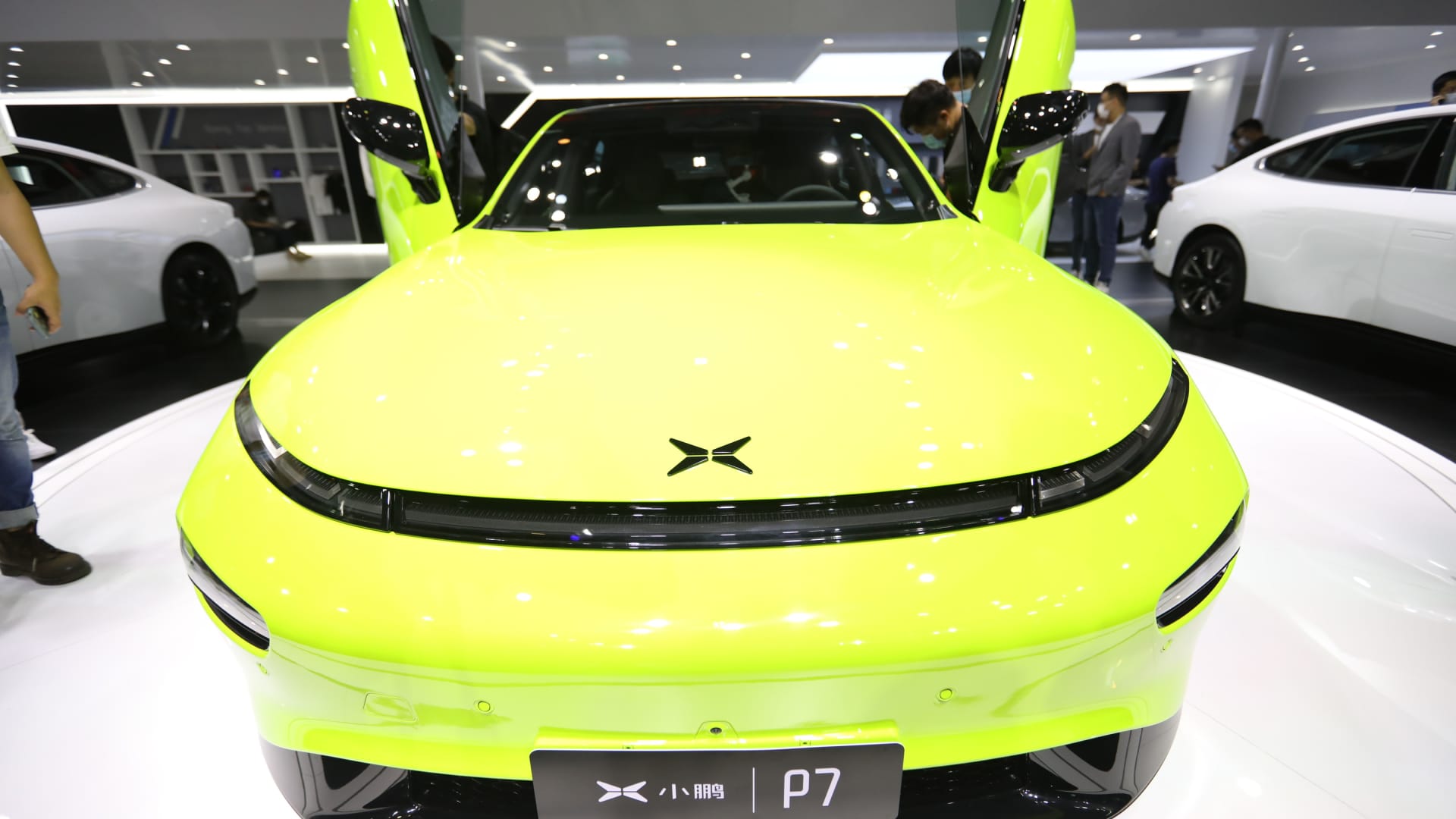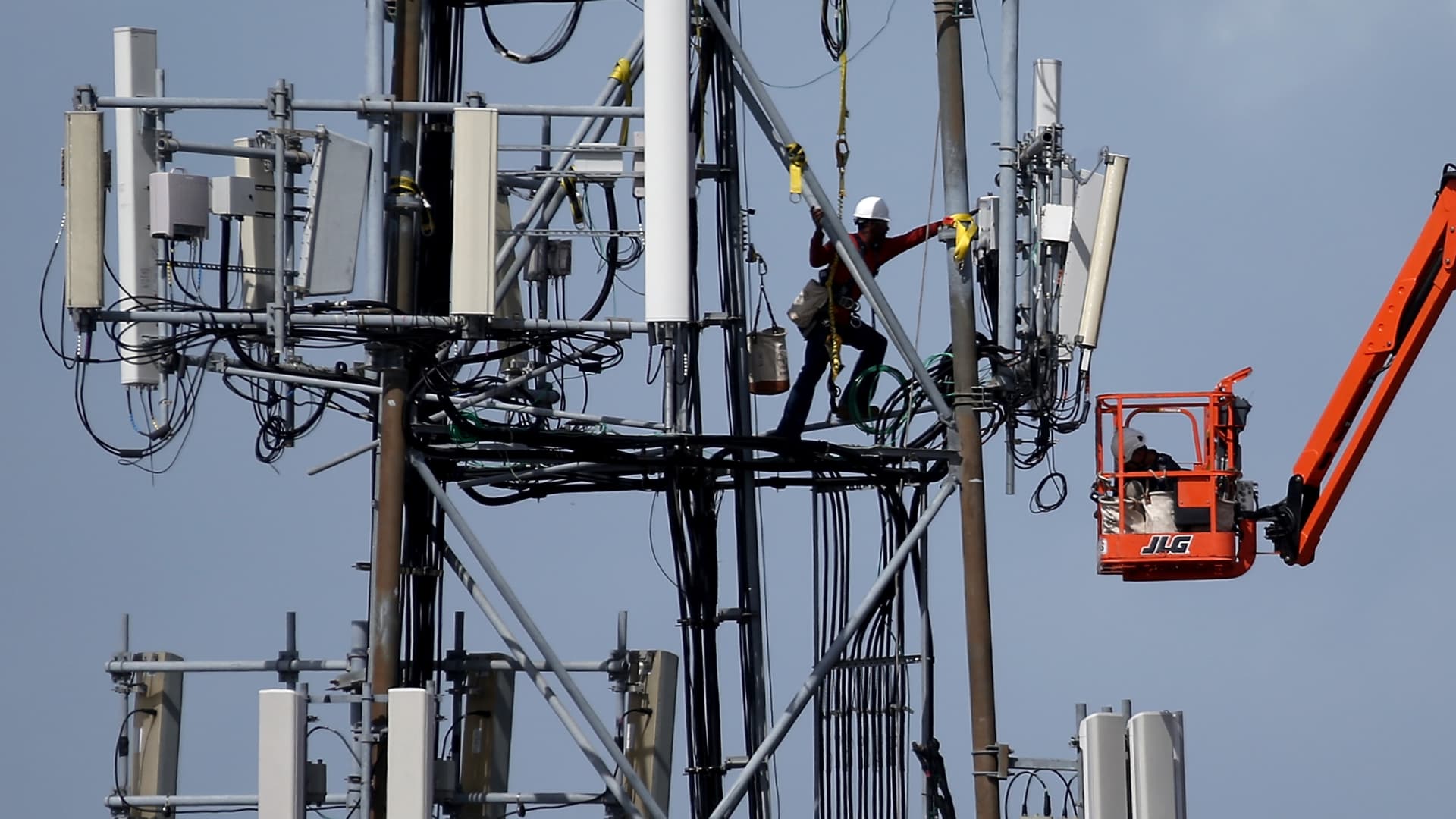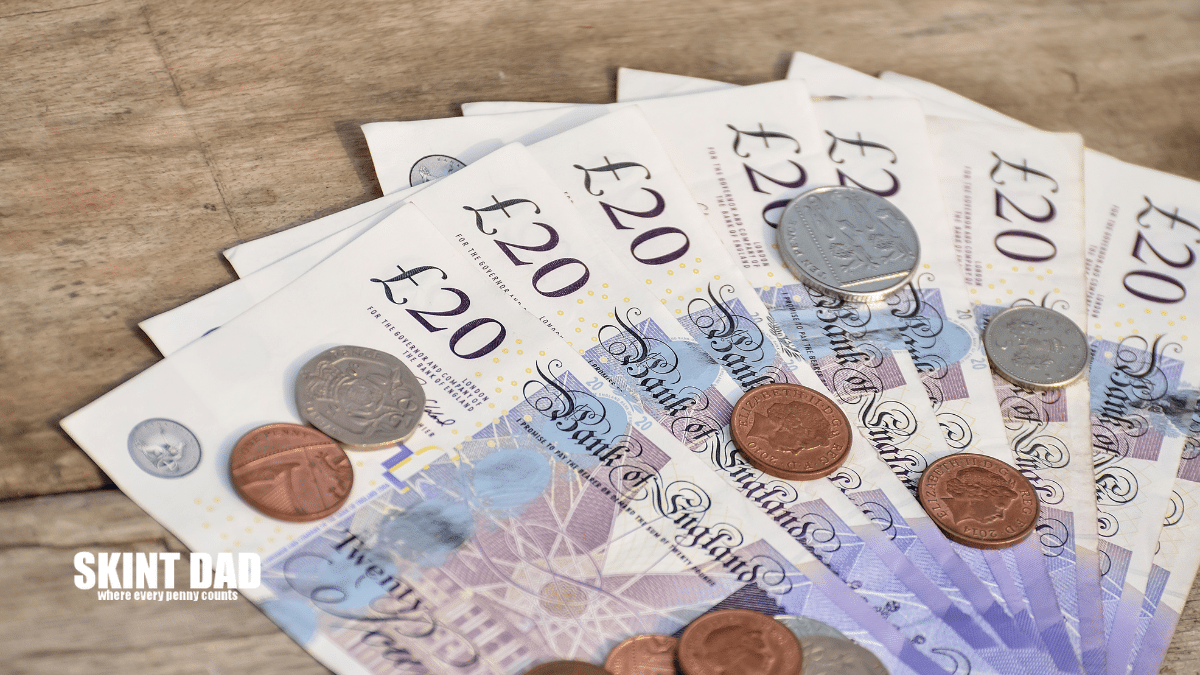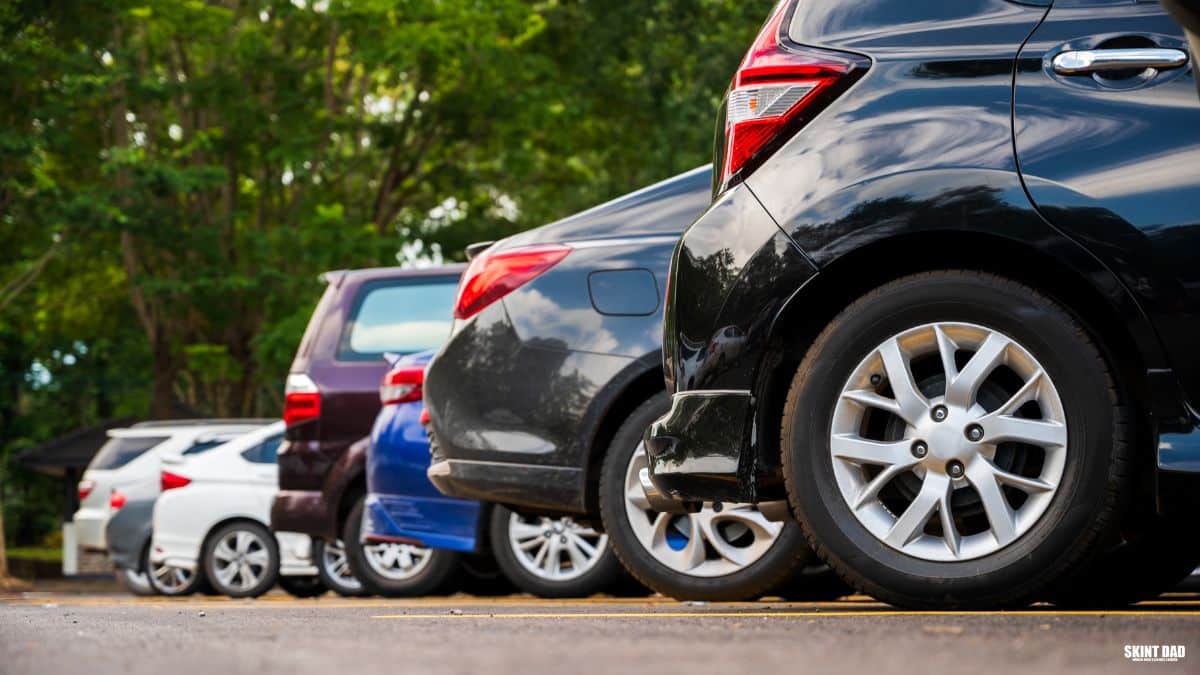
A Xpeng P7 electric car is on display during the 18th Guangzhou International Automobile Exhibition at China Import and Export Fair Complex on November 20, 2020 in Guangzhou, Guangdong Province of China.
VCG | Visual China Group | Getty Images
Shares of Xpeng were down more than 6% in pre-market U.S. trade, as the Chinese electric carmaker’s troubles continued with Friday results showing a wider-than-expected loss in the second quarter.
Xpeng’s revenue met expectations over the same reporting period.
Here’s how the company did versus Refinitiv consensus estimates for the second quarter:
- Net loss: 2.8 billion yuan loss vs. 2.13 billion yuan loss expected
- Revenue: 5.06 billion Chinese yuan ($693.7 million) vs. 5.06 billion yuan expected, representing a 31% year-on-year fall.
The net loss was wider than the 2.7 billion yuan loss reported in the second quarter of last year.
The company is attempting to turn around the business this year, after a torrid 2022 during which its share price crashed by more than 80%.
Xpeng was operating in a weak Chinese economy with depressed consumer spending, while at the same time facing cut-throat competition in China from other upstarts like Nio and Li Auto, as well as giants BYD and Tesla.
Xpeng previously disclosed that it delivered 23,205 cars in the second quarter of 2023, logging a 27% quarter-on-quarter rise and beating its own forecast. In July, the Guangzhou-headquartered firm delivered 11,008 vehicles in July, up by 28% on the month.
That’s the sixth consecutive month of delivery growth, underscoring the early signs of a recovery, at least for deliveries.
Xpeng has also reorganized its management structure and experienced an overhaul over the past few months, in a bid to unlock growth.
Rising deliveries have given investors some confidence that a turnaround is underway, with the stock of Xpeng up by more than 50% this year.
The automaker has also got backing from German car giant Volkswagen, which invested $700 million in Xpeng last month, taking a 4.99% stake. The firms will jointly develop two electric vehicles for the Chinese market.
But competition continues to ramp up, as a price war develops in the world’s second-largest economy. Tesla this week cut the price of its Model Y and Model S cars and offered discounts on existing inventory of the Model S and Model X in China.







